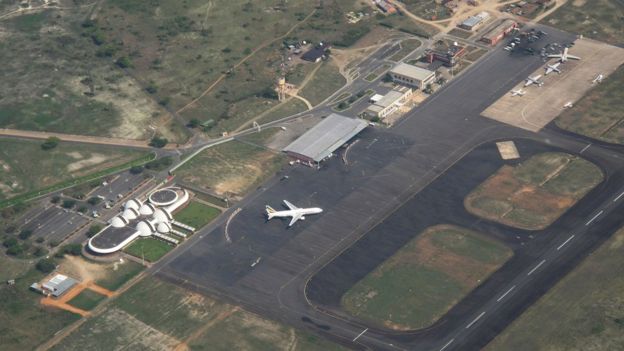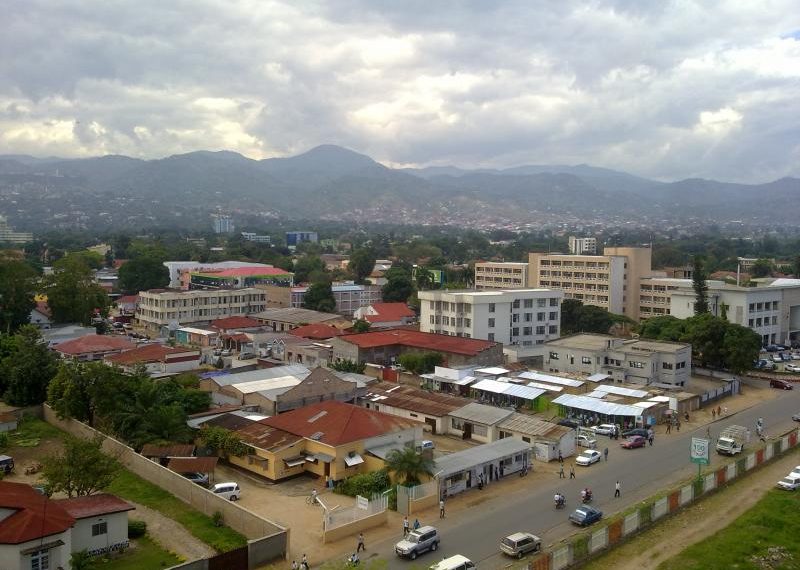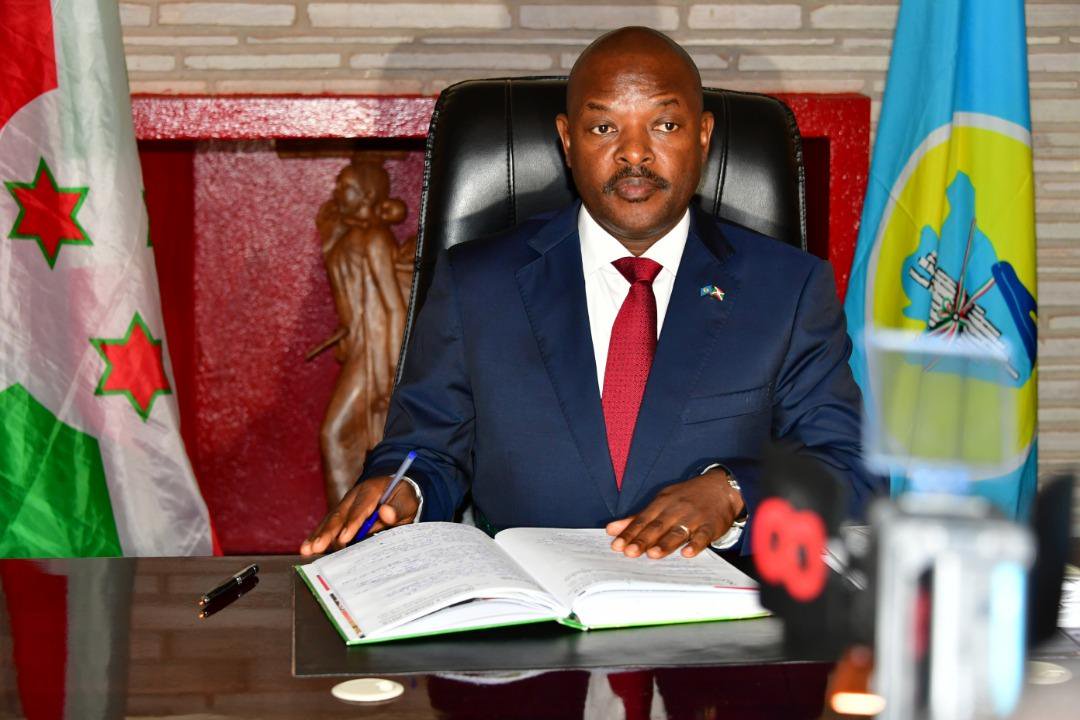On it’s 57th independence anniversary, Burundi’s President Pierre Nkurunziza announced the controversial renaming of some national landmarks.
Nkurunziza said the renaming is meant to reflect the historical contribution of the majority Hutu ethnic group.
Some of the national landmarks renamed include the national stadium, the presidential palace and the main airport.
Nkurunziza said during his independence-day speech on Monday that the move was to “remind Burundians of their history.”
“This move is also to remove names that emerge from betrayal and bad behaviour brought in by colonialism,” he said.
President Nkurunziza himself a Hutu was a former rebel leader. There has been deep tension between Hutu majority and Tutsi minority of Burundi.
Burundi gained independence from Belgium in 1962 but a brutal civil war years later plunged the country into crisis.
Nkurunziza who is the second democratically elected president came into office in 2005 after the end of the brutal civil war.
Those opposed to the renaming exercise believe it is meant to erase the role of the minority Tustsi community in Burundi’s history.
Renamed landmarks
The country’s main stadium in Bujumbura, is now officially called Heroes Stadium.
The stadium was initially named after Louis Rwagasore, a prominent figures in Burundi’s history.
Rwagasore served as Burundi’s first prime minister until his assassination before the country attained independence in 1962.
The main airport in Bujumbura has also been renamed after Merchior Ndadaye.
He was the country’s first democratically elected president.
From the ethnic Hutu he ruled for three months in 1993 before his assassination.

The country’s new presidential palace has also been renamed after King Ntare Rushatsi.
King Rushatsi is seen as the founder of the Burundi kingdom in the 1500s.
New capital
Authorities in Burundi have last year named the city of Gitega as the country’s new political capital.
The small central city took over from the bigger city of Bujumbura. The change of capital city was in fulfillment of a presidential promise, over ten years ago.
Burundi’s President Pierre Nkurunziza in 2007 promised the movement of the capital from Bujumbura to Gitega.
He then said Gitega was more central compared to Bujumbura. Gitega however has a population of about 30,000 compared to Bujumbura’s 1.2 million.
Bujumbura however remains an important city for Burundi with officials saying it will in future function solely as the economic centre of the country.

The previous capital remains the largest city in Burundi. It is home to the country’s main port. Most of Burundi’s chief export like coffee, cotton and tin ore are shipped to Bujumbura.
Gitega once was the capital of the Burundian monarchy with Nkurunziza’s critics saying he is attempting a symbolic restoration.
Bujumbura since Burundi’s independence in 1962 has been the scene of continuous fighting between the country’s two main ethnic groups.
Thousands of people have been killed in the fighting with several more than 400,000 people displaced.
Source: Africafeeds.com



